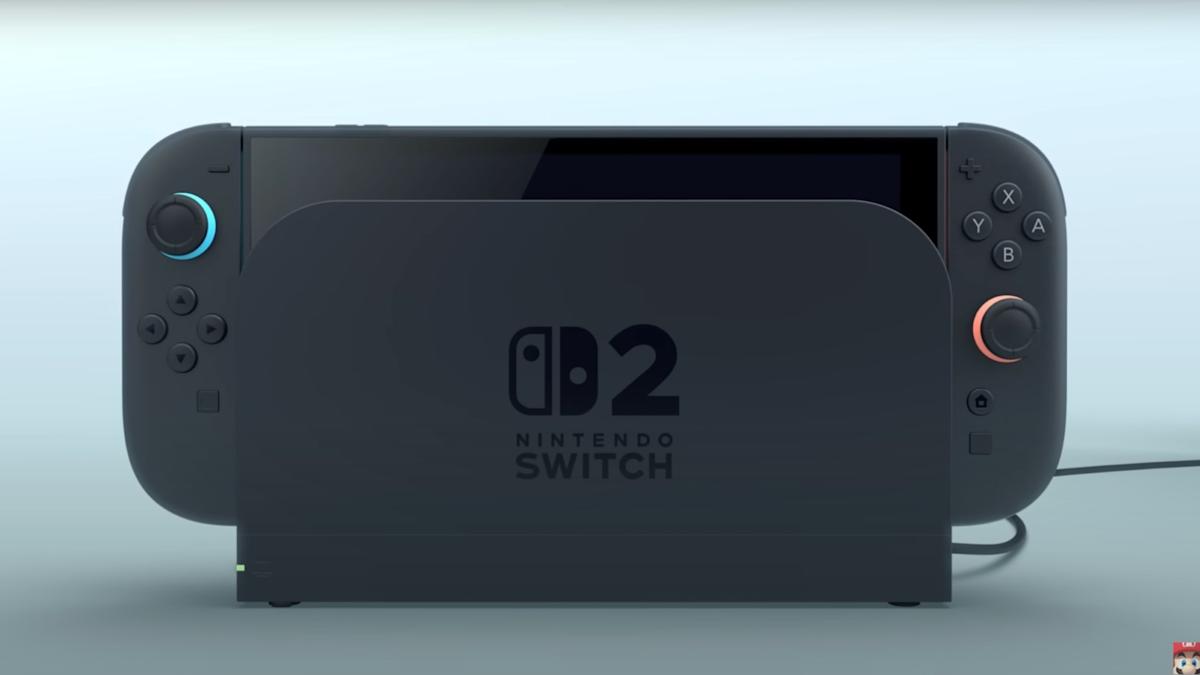Nintendo Strikes Back: Legal Showdown Erupts Over Unauthorized Switch 2 Teaser Designs

Nintendo is taking legal action against accessory manufacturer Genki, alleging trademark infringement and deceptive marketing practices. The gaming giant claims Genki has crossed a line by using unauthorized mockup images to promote potential accessories for the rumored Nintendo Switch 2 console.
The dispute centers around Genki's promotional materials, which reportedly feature speculative design renderings that Nintendo argues misrepresent their upcoming hardware. By creating and circulating these unauthorized mockups, Genki is potentially misleading consumers and inappropriately leveraging Nintendo's brand reputation.
This legal challenge highlights the ongoing tensions in the gaming accessory market, where third-party manufacturers often walk a fine line between innovation and intellectual property rights. Nintendo has historically been vigilant about protecting its brand and preventing unauthorized representations of its products.
While details of the specific legal claims are still emerging, the case underscores the importance of responsible marketing and respect for intellectual property in the competitive gaming accessories industry. Genki will likely need to respond to Nintendo's allegations and potentially revise its promotional strategies.
Consumers and industry observers are watching closely to see how this dispute will unfold and what implications it might have for future accessory development and marketing practices.
